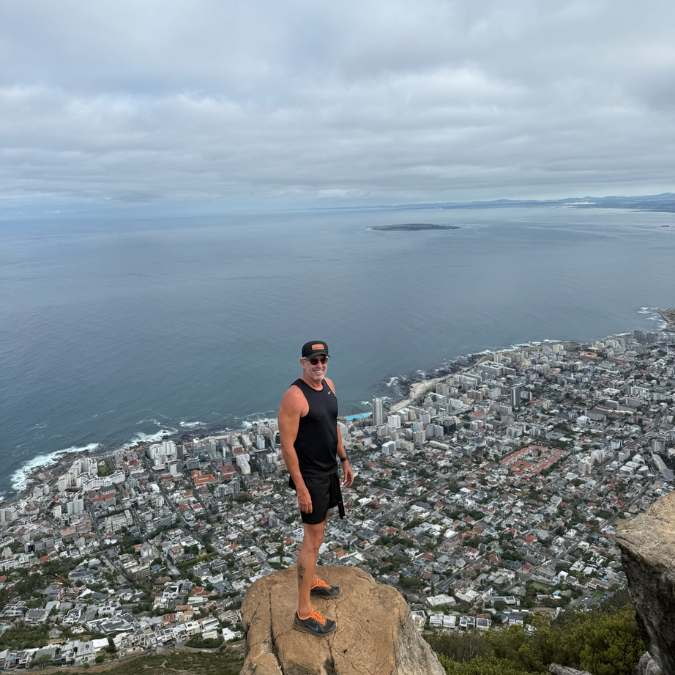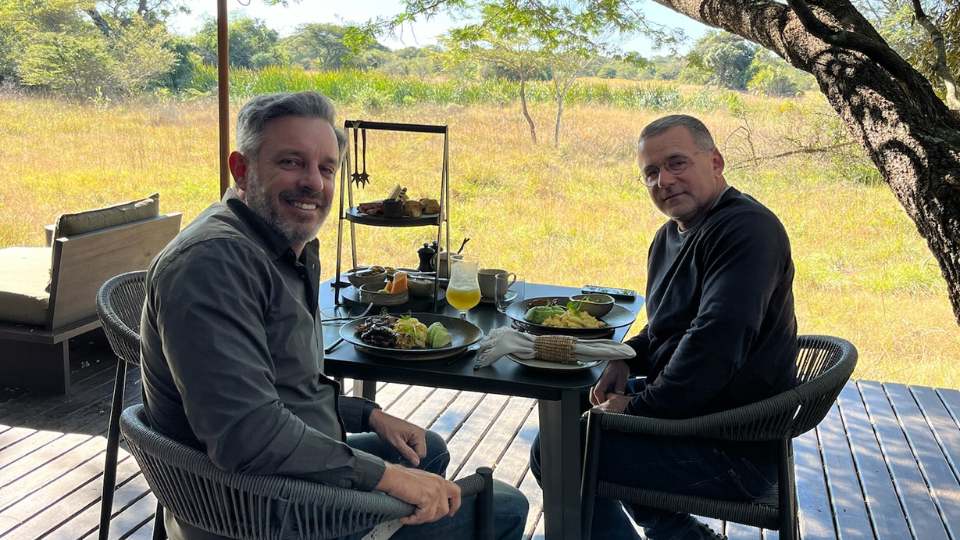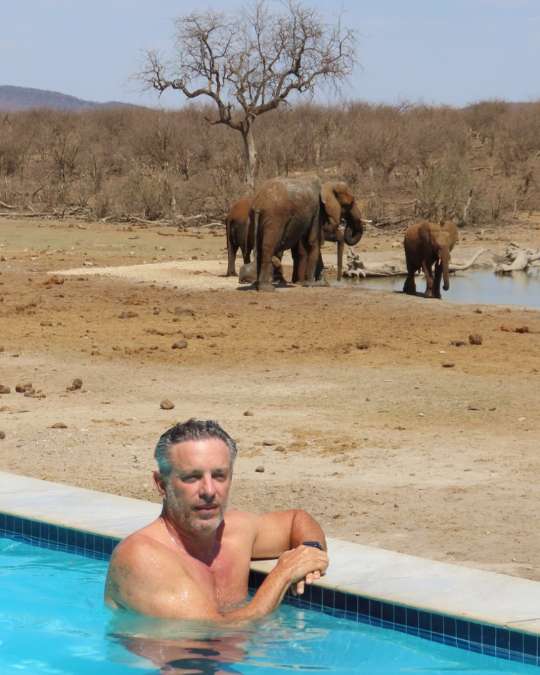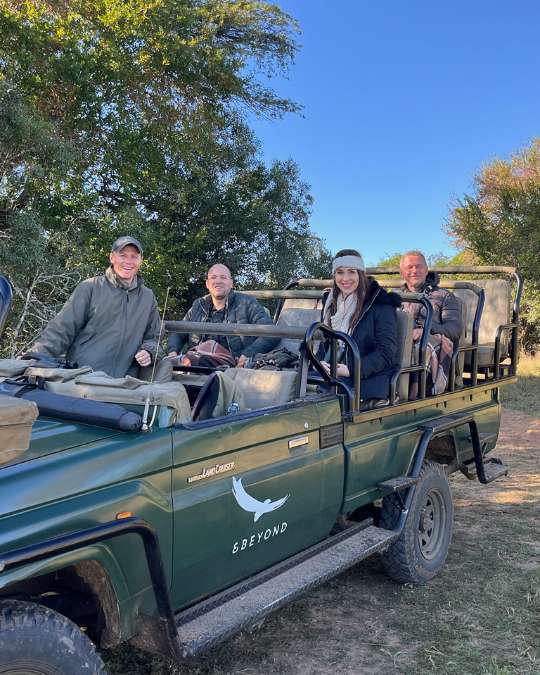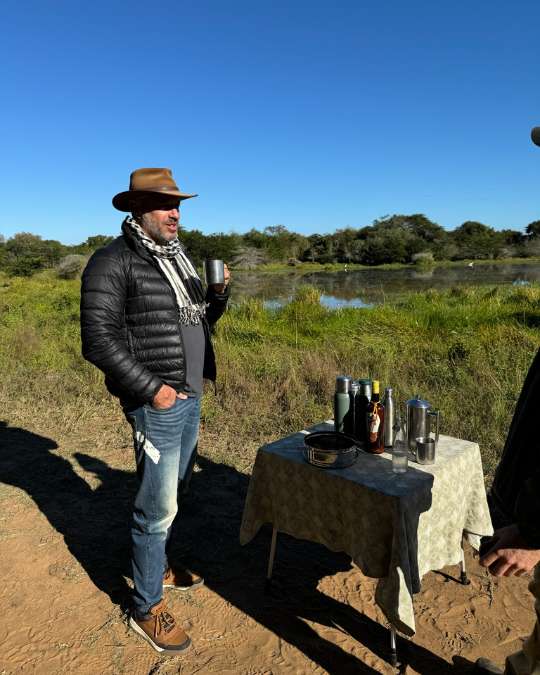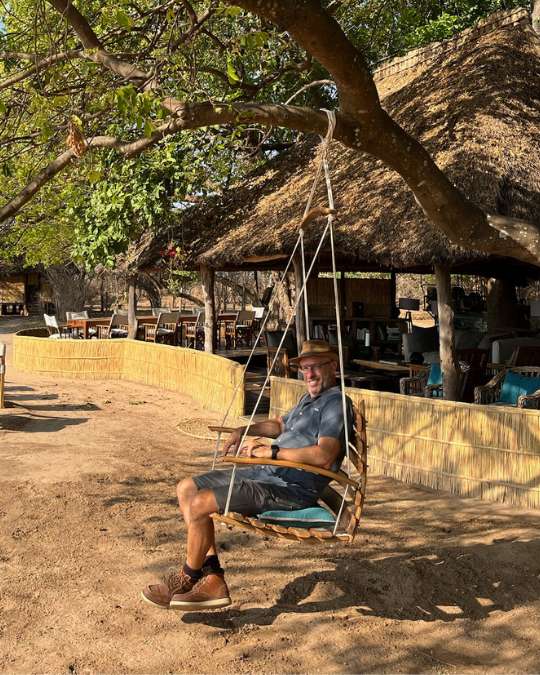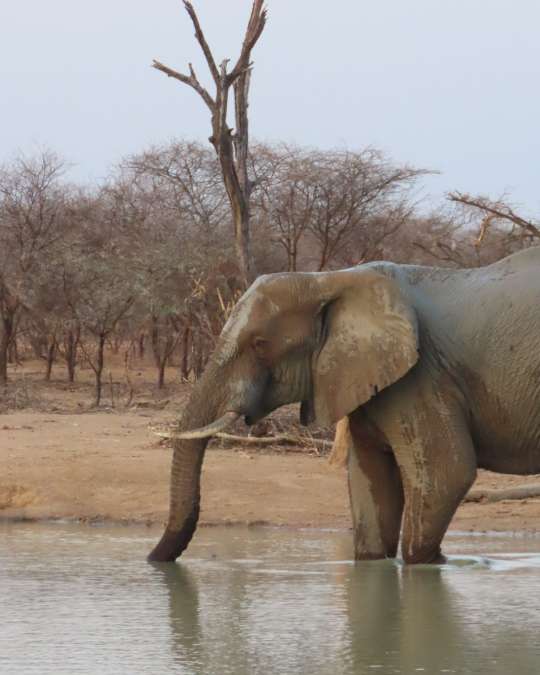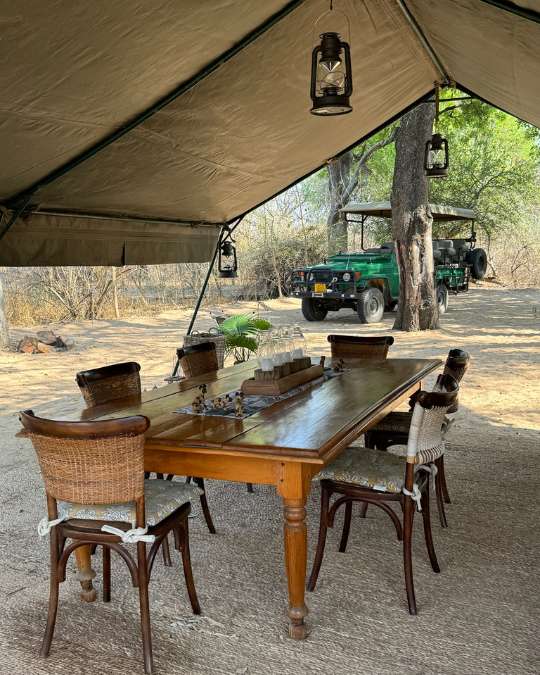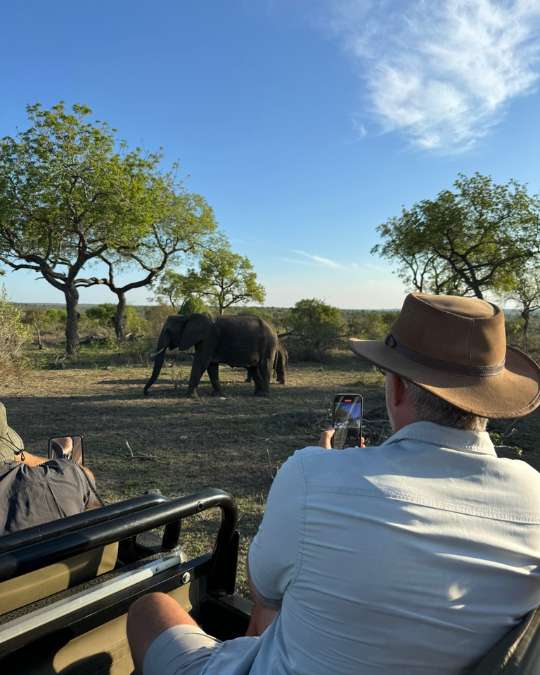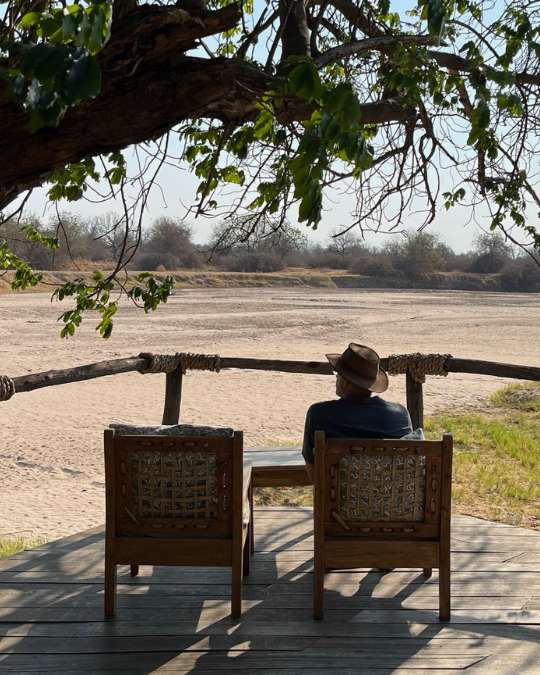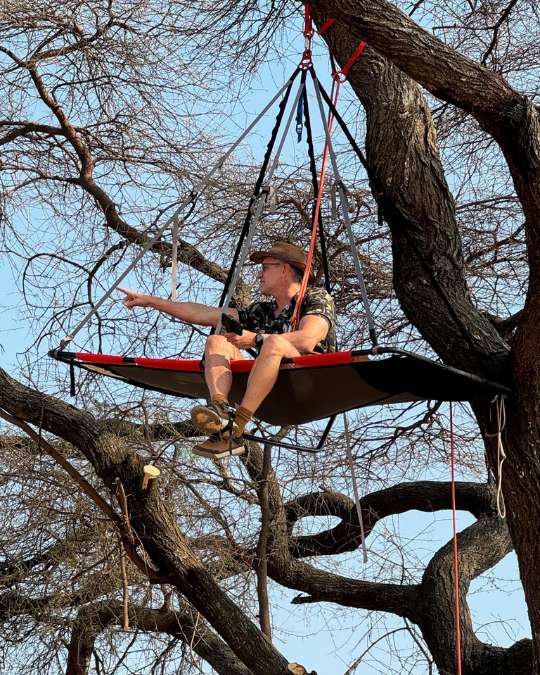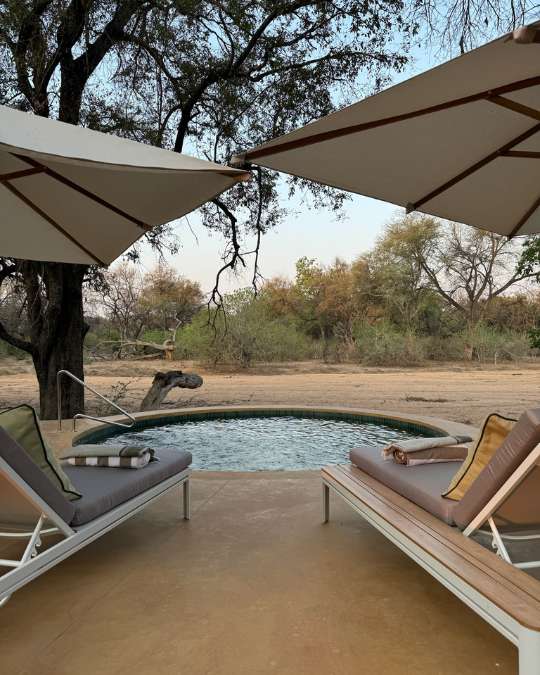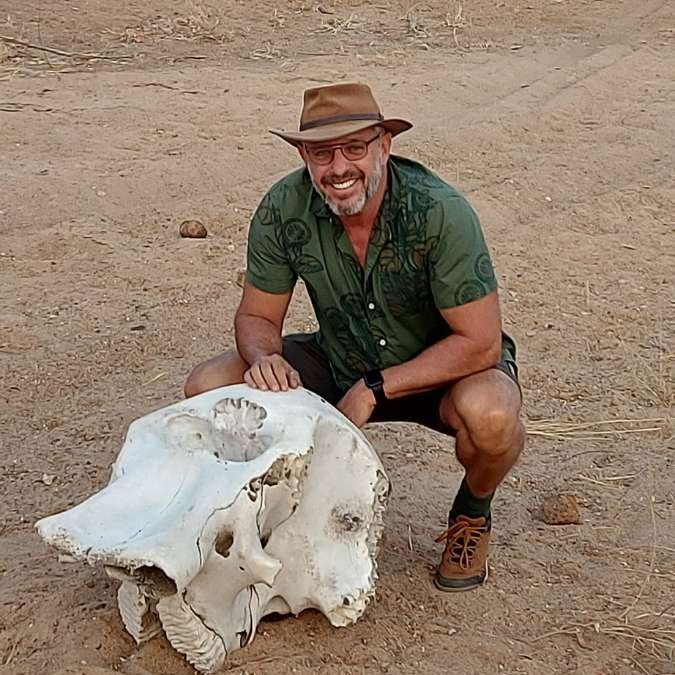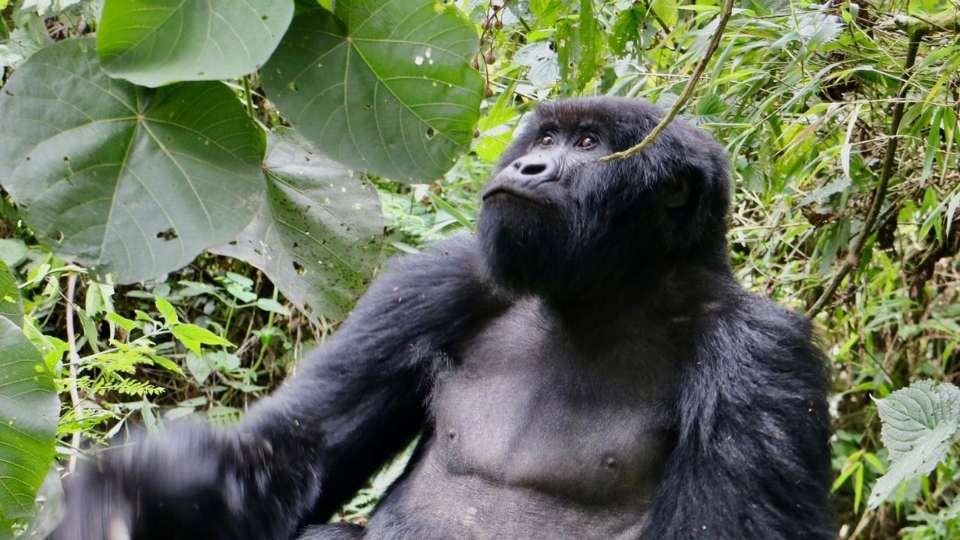
Uganda’s Living Wonders: Wildlife Encounters That Redefine the Safari Experience
Uganda’s Living Wonders: Wildlife Encounters That Redefine the Safari Experience
Blog post with #NANANtravel Blog PostsUganda is a tapestry of stunning landscapes and exceptional biodiversity—truly Africa’s “Pearl of Africa.” Home to mountain gorillas, tree‑climbing lions, chimpanzees, and dazzling birdlife, this extraordinary country offers wildlife encounters that transcend the safari stereotype. Whether trekking through the misty jungles of Bwindi Impenetrable Forest, tracking chimps in Kibale National Park, or cruising the Kazinga Channel in Queen Elizabeth National Park, Uganda delivers awe‑inspiring moments that redefine what a memorable safari truly is.
1. Gorilla Habituation & Trekking in Bwindi Impenetrable Forest
What makes it unique
Uganda is one of the very few places offering the Gorilla Habituation Experience—where guests spend up to four hours with mountain gorillas instead of the usual one‑hour trek in Bwindi Impenetrable Forest. With only four participants per day in Rushaga, this is an exclusive, immersive encounter
Why it matters
This extended time supports conservation by funding anti‑poaching efforts and enabling community science initiatives. It fosters a profound connection with gorilla family life, encouraging protection through experience .
Perfect for travellers who:
- Seek immersive wildlife experiences
- Desire extended encounters
- Want their visits to support meaningful conservation
Bucket‑list moments:
✅ Watch a silverback lead his family
✅ Observe nesting, feeding, and social bonds
✅ Enjoy the richness of gorilla daily life up close
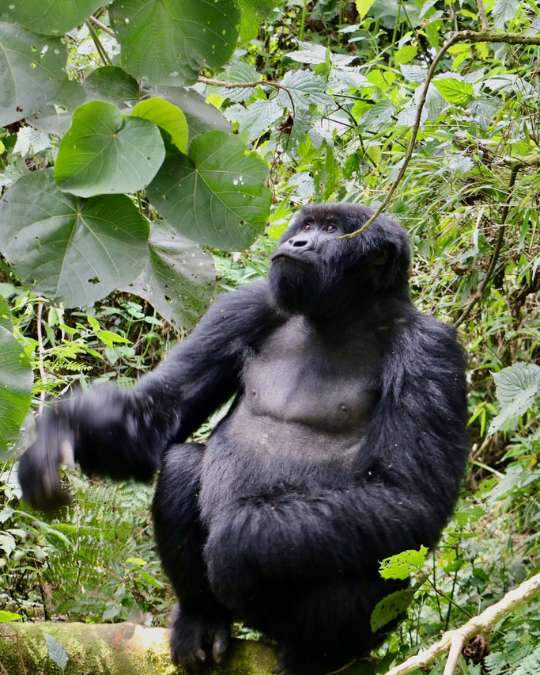
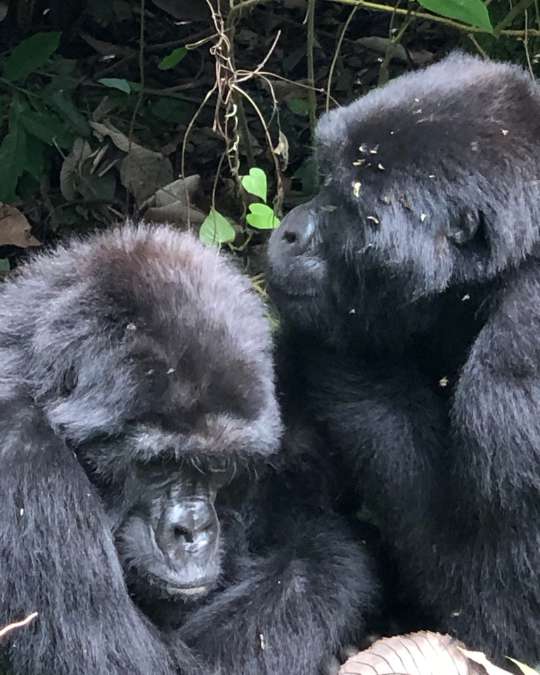
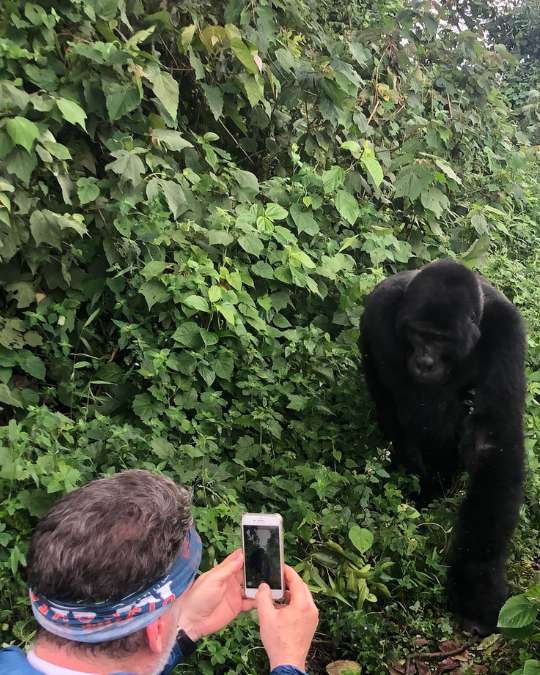
2. Chimpanzee Trekking in Kibale, Queen Elizabeth & Beyond
Why it stands out
Kibale National Park is renowned as Africa’s “primate capital,” with around 1,500 chimpanzees—perfect for forest treks and thrilling wildlife sightings. In Queen Elizabeth, guided treks in Kyambura Gorge offer dramatic canyon settings and intimate chimp encounters.
Perfect for travellers who:
- Love primates and biodiversity
- Enjoy social, dynamic animal behaviour
- Prefer forest hikes with unexpected wildlife encounters
Bucket‑list moments:
✅ Spot grooming chimps at sunrise
✅ Hear their calls echoing in the canopy
✅ See colobus monkeys, baboons, and red‑tailed monkeys
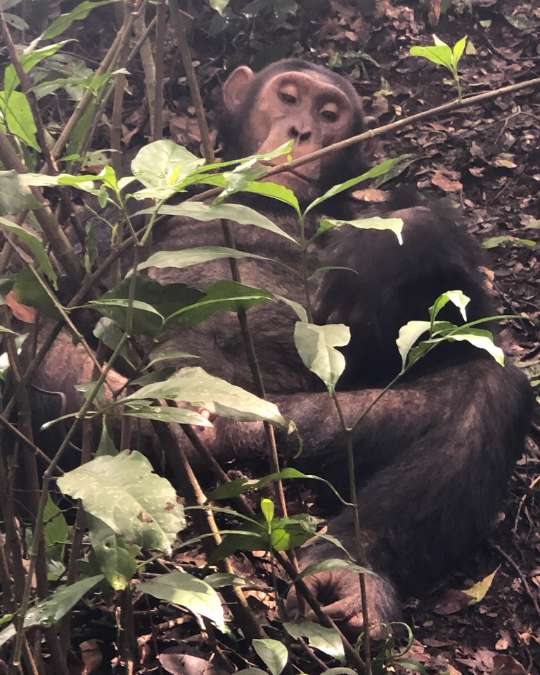
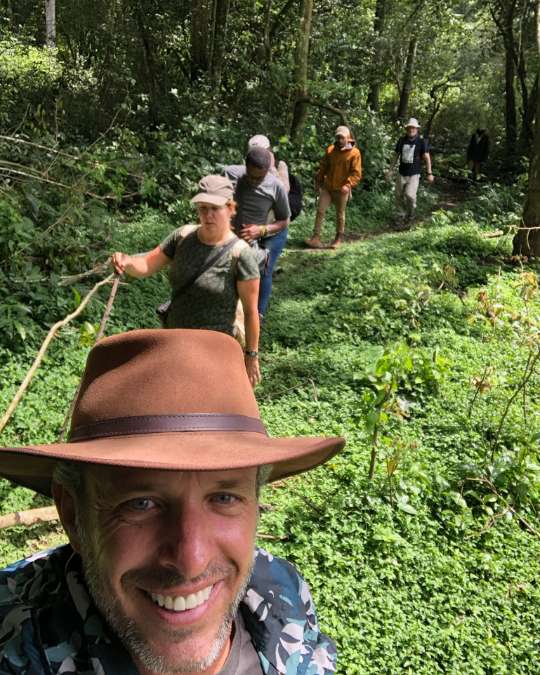
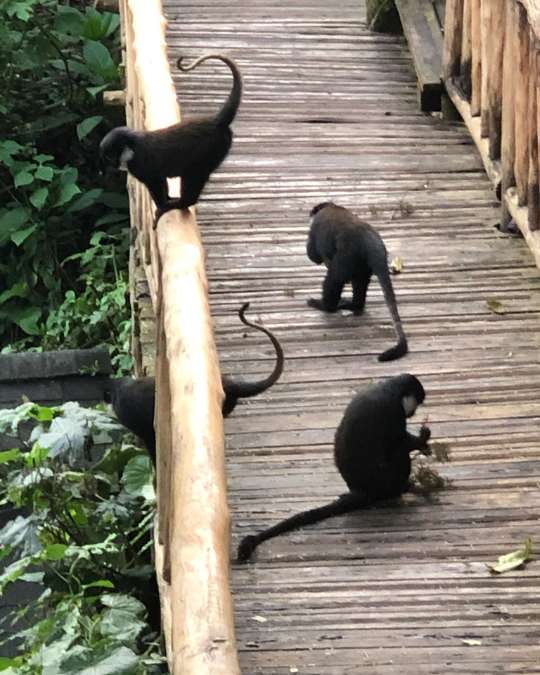
3. Tree‑Climbing Lions & Boat Safaris in Queen Elizabeth NP
Distinctive sightings
The Ishasha sector is home to the rare tree‑climbing lions, giving unforgettable photo ops. A scenic boat safari on the Kazinga Channel brings you close to hippos, elephants, crocodiles, buffalo, and abundant birds.
Perfect for travellers who:
- Seek unique big‑cat experiences
- Enjoy relaxed wildlife viewing by boat
- Appreciate diverse ecosystems in one location
Bucket‑list moments:
✅ See lions resting in tree canopies
✅ Cruise past hippos and buffalo at sunset
✅ Capture vibrant bird species along the bank
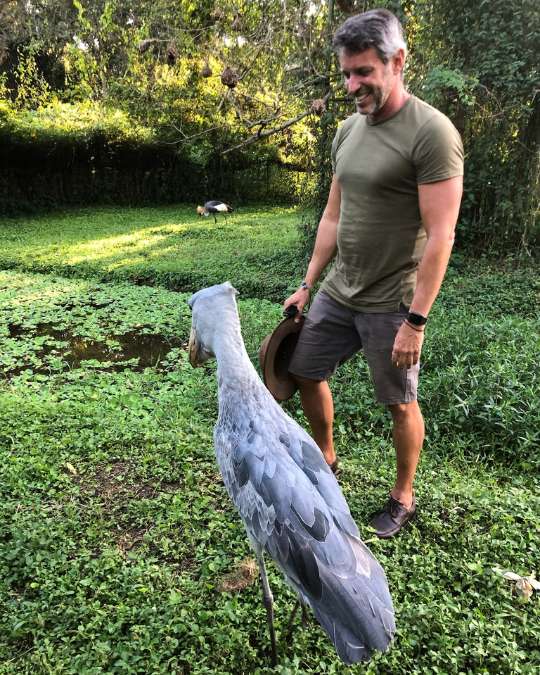
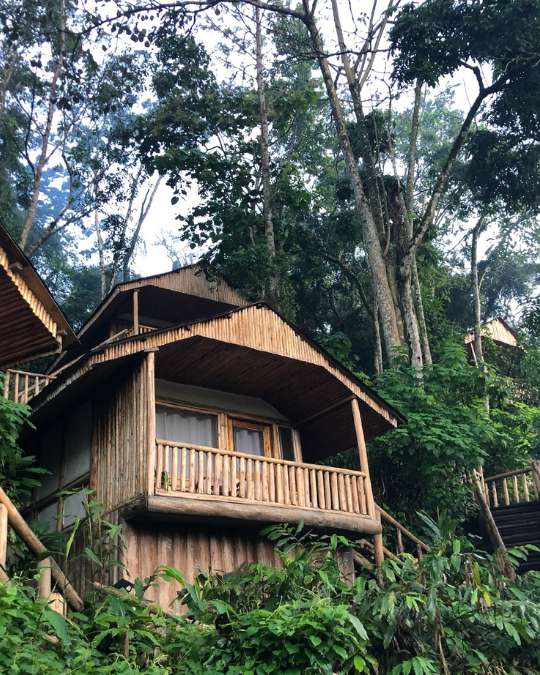
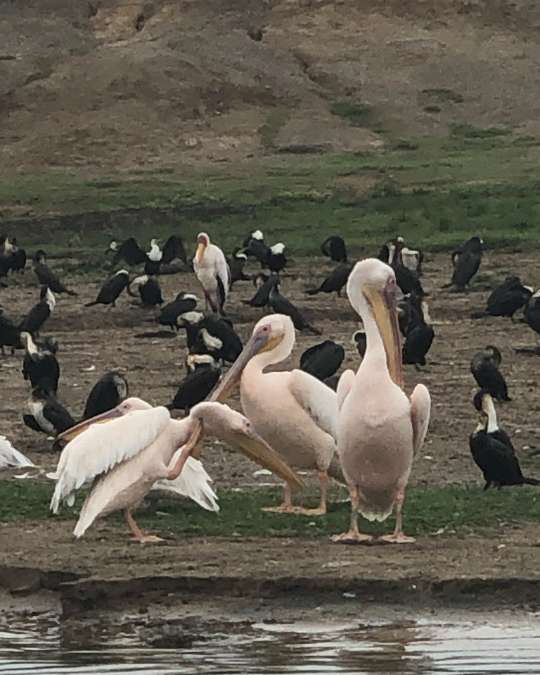
4. Pristine Plains & Wildlife in Murchison Falls NP
What makes it special
Murchison Falls National Park, Uganda’s largest, showcases dramatic riverine landscapes and the mighty Murchison Falls—where the Nile squeezes through a narrow gorge and drops into a roaring cascade. Its diverse habitats—savannah, papyrus swamps, forests—are home to giraffes, elephants, lions, buffalo, hippos, and over 450 bird species .
Perfect for travellers who:
- Love waterfalls and varied ecosystems
- Wish to spot the Big Five
- Enjoy river safaris and guided bush walks
Bucket‑list moments:
✅ Feel the force of the waterfall
✅ See Big Five on open plains
✅ Walk with expert rangers in predator country
5. Volcanoes, Forests & Golden Monkeys in Mgahinga NP
What sets it apart
This less‑visited gem offers treks to see mountain gorillas and fascinating golden monkeys in bamboo forests, along with hikes across ancient volcanic landscapes.
Perfect for travellers who:
- Seek off‑the‑grid wildlife adventures
- Wish to observe golden monkeys
- Appreciate high‑altitude treks and birdwatching
Bucket‑list moments:
✅ Trek through misty bamboo forests with golden monkeys
✅ Hike extinct volcanic craters
✅ Enjoy quieter gorilla settings with fewer crowds
6. Conservation & Community: The Power of Responsible Tourism
Uganda’s tourism model centres on conservation and community empowerment—gorilla and chimp permits fund anti‑poaching, support village economies, and drive conservation education. Eco‑lodges—such as Clouds Gorilla Lodge—work with local artisans and support women‑led co‑operatives, channeling tourism profits into habitat restoration and social projects.
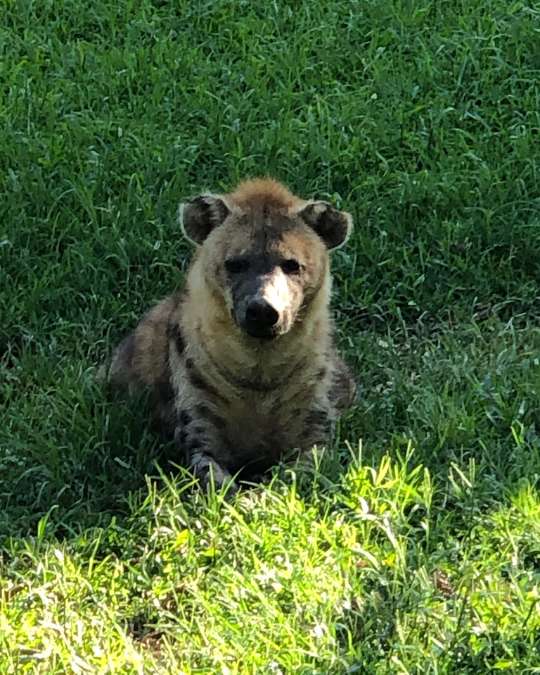
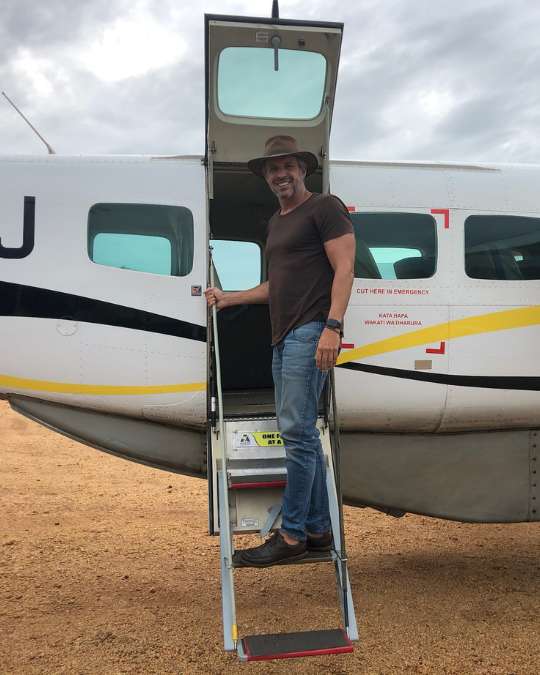
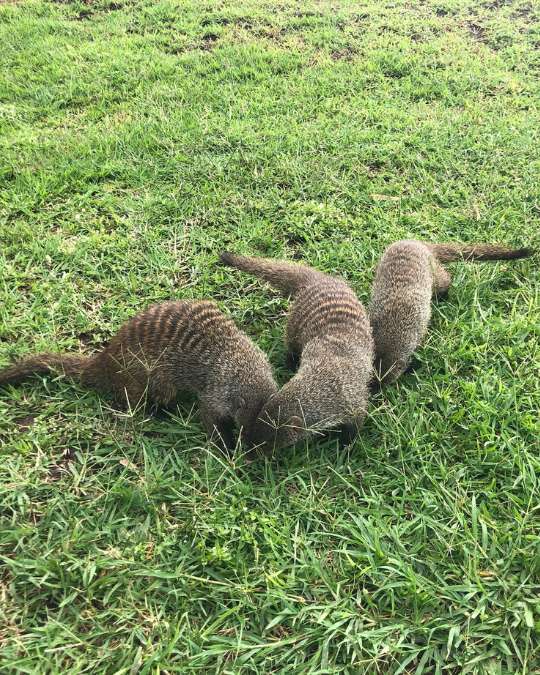
7. Facing the Challenges: Terrain, Permits & Conservation Risks
- Permit demand: Gorillas and chimp permits are limited and sell out fast, especially during peak seasons.
- Physical demands: Jungle hikes can be steep, muddy, and require fitness.
- Health protocols: Masks and strict measures are essential to prevent zoonotic disease transfer.
- Human–wildlife conflict: Nearby communities contend with crop‑raiding, yet conservation tourism is shifting attitudes positively.
Planning & Making the Most of Uganda
- Recommended duration: 7–14 days to enjoy habituation, chimp treks, and boat safaris
- Best time to visit: Dry seasons (June–September; December–March)
- Accommodation: From luxury lodges to eco‑camps, with options that directly benefit local communities
- Health & safety: Require yellow‑fever vaccination, malaria prophylaxis, masks for gorilla visits, and good physical preparation
Why Uganda Stands Apart
- Extended gorilla encounters enable emotional connection and conservation support
- Tree‑climbing lions offer rare wildlife spectacle
- Diverse primate trekking—chimpanzees and golden monkeys—enhance variety
- Responsible tourism ensures your visit uplifts wildlife and communities
Your Next Step: Tailoring an Exclusive Uganda Safari
For travellers seeking luxury with purpose, Uganda is a revelation. At Nanan Travel, we design bespoke safari experiences—from securing scarce permits to selecting premium lodges and integrating conservation engagement throughout.
📩 Contact us today to begin planning your unforgettable Uganda journey and discover Africa’s “Pearl” in the most responsible, refined way.
Ready to explore the wonders of Africa?
Let me craft the perfect itinerary for you—one that promises luxury, exclusivity, and unforgettable memories. With my insider knowledge and meticulous planning, your journey to Africa will be nothing short of extraordinary.
